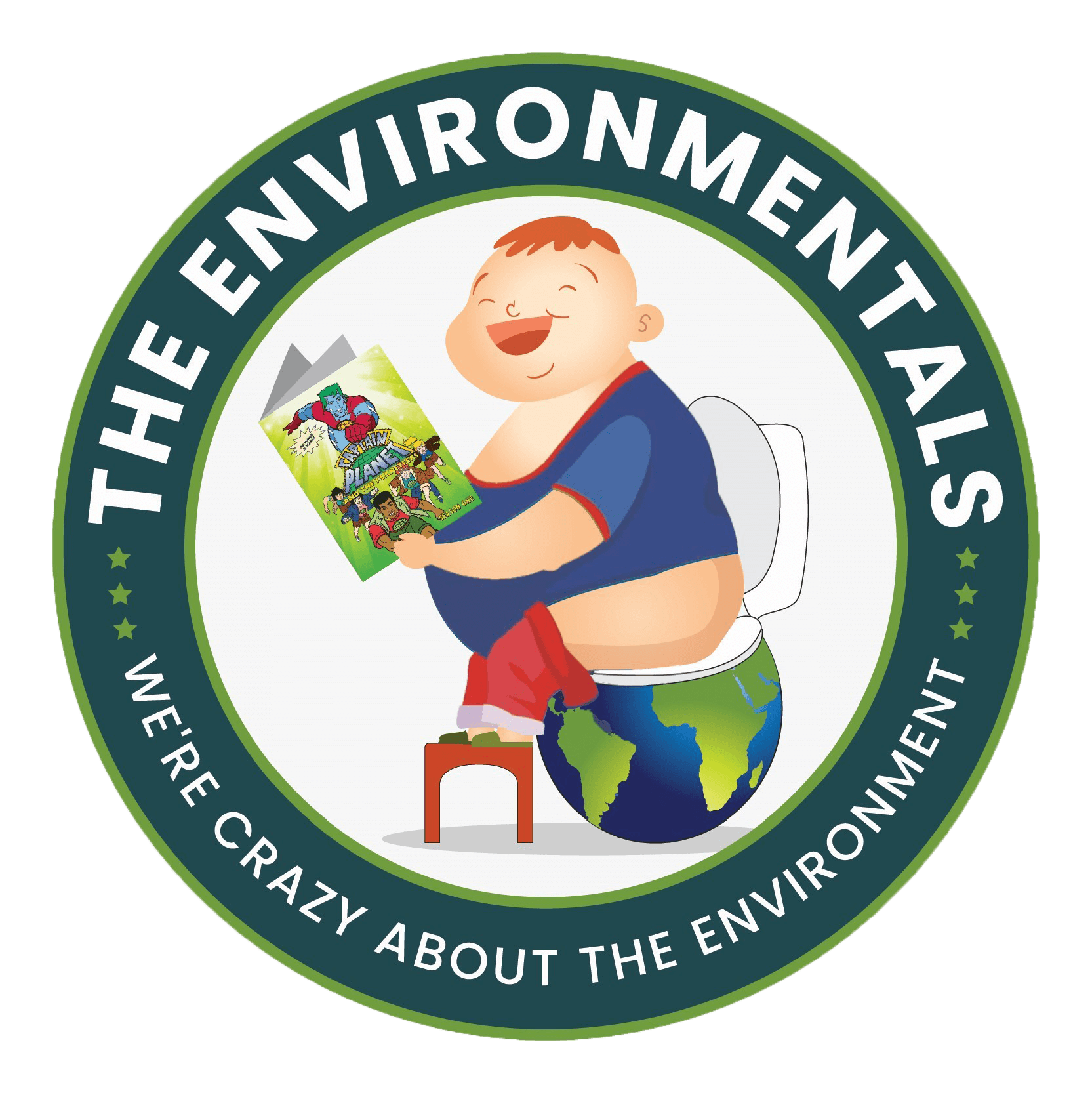
Safe drinking-water, sanitation and hygiene are crucial to human health and well-being. Safe WASH is not only a prerequisite to health, but contributes to livelihoods, school attendance and dignity and helps to create resilient communities living in healthy environments.
Drinking Water Pollution impairs health through illnesses such as diarrhea, and untreated excreta contaminates groundwaters and surface waters used for drinking water, irrigation, bathing, and household purposes.
Chemical contamination of water continues to pose a health burden, whether natural in origin such as arsenic and fluoride, or anthropogenic such as nitrate.
Safe and sufficient WASH plays a key role in preventing numerous NTDs such as trachoma, soil-transmitted helminths and schistosomiasis. Diarrhoeal deaths as a result of inadequate WASH were reduced by half during the Millennium Development Goal (MDG) period (1990–2015), with the significant progress on water and sanitation provision playing a key role.
Evidence suggests that improving service levels towards safely managed drinking-water or sanitation such as regulated piped water or connections to sewers with wastewater treatment can dramatically improve health by reducing diarrhoeal disease deaths.
